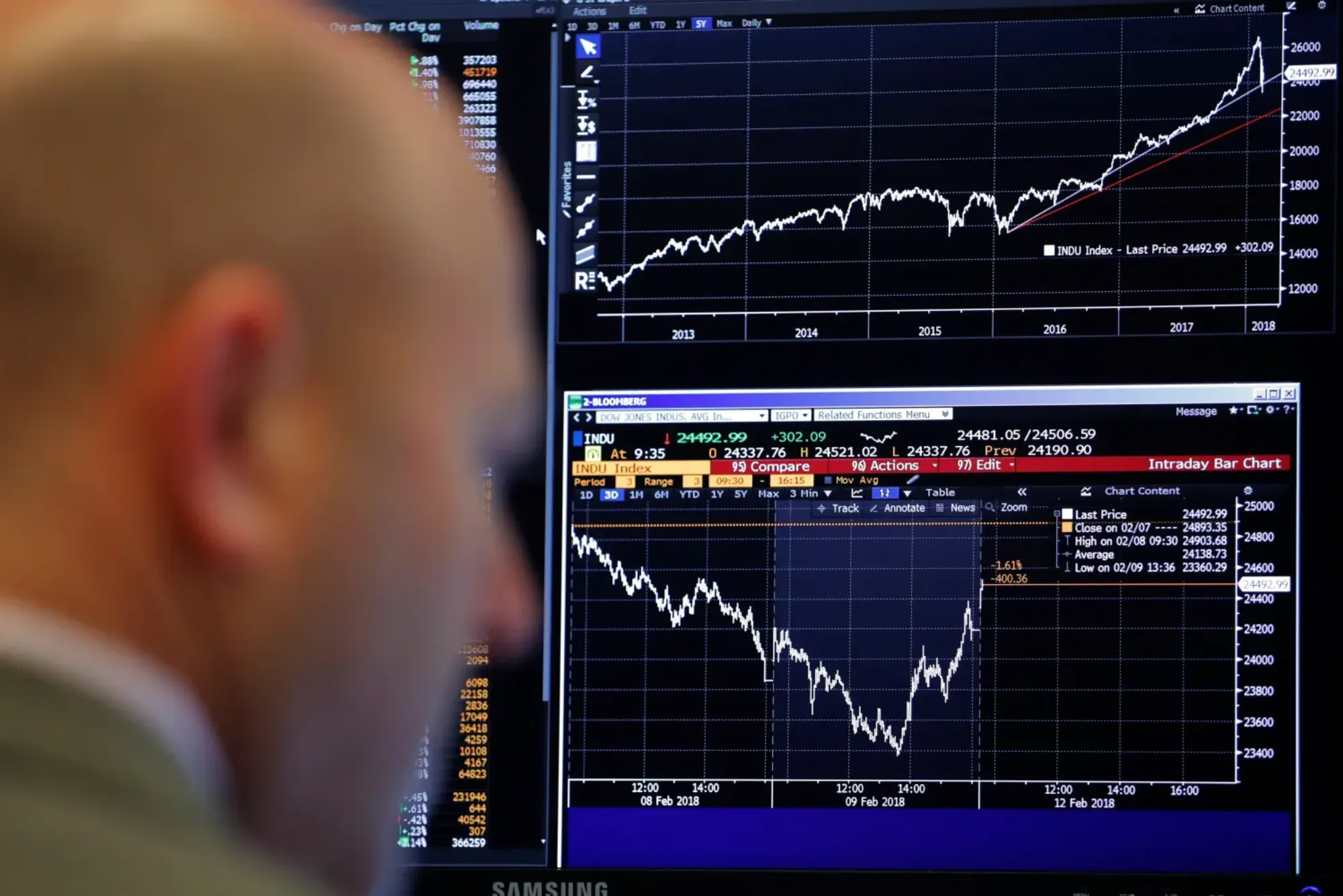Global Stock Markets: An Overview
Global stock markets have been experiencing significant fluctuations in recent times. This volatility can be attributed to various factors, including geopolitical tensions and concerns over rising inflation. Understanding the dynamics at play is crucial for investors seeking to navigate these uncertain times effectively.
Geopolitical Turmoil and Its Impact
Geopolitical tensions have always had a profound effect on financial markets, and recent events have been no exception. Issues such as trade disputes, political unrest, and military conflicts can create uncertainty and cause investors to reassess their positions. The ongoing tensions between major global powers, coupled with regional conflicts, have contributed to the volatility seen in stock markets around the world.
Inflation Concerns: A Growing Headache
Inflationary pressures have been on the rise, causing concern among investors and policymakers alike. Factors such as supply chain disruptions, increased demand, and expansionary fiscal policies have all contributed to inflationary pressures in various economies. Central banks are closely monitoring these developments and considering their implications for monetary policy.
Impact on Different Sectors
The fluctuating stock markets have affected different sectors in diverse ways. While some sectors, such as technology and healthcare, have remained relatively resilient, others, such as energy and financials, have experienced more significant volatility. Understanding how different sectors are being impacted can help investors make informed decisions about their portfolios.
Navigating Market Volatility
In times of heightened volatility, it’s essential for investors to remain calm and focused on their long-term goals. Diversification, risk management, and staying informed about market developments are key strategies for navigating turbulent times. Additionally, seeking the guidance of a financial advisor can provide valuable insights and help investors make well-informed decisions.
The Role of Economic Indicators
Economic indicators play a crucial role in understanding the health of the economy and predicting future market movements. Indicators such as GDP growth, unemployment rates, and consumer spending can provide valuable insights into economic trends and potential market opportunities. Monitoring these indicators can help investors anticipate market shifts and adjust their strategies accordingly.
Global Economic Outlook
Despite the challenges posed by geopolitical tensions and inflationary pressures, the global economy continues to show resilience. Economic growth is expected to remain positive, albeit at a slower pace in some regions. Policymakers are implementing measures to support economic recovery and address inflation concerns, which could help stabilize financial markets in the long run.
Investment Opportunities in Uncertain Times
While market volatility presents challenges, it also creates opportunities for savvy investors. Identifying undervalued assets, diversifying portfolios, and adopting a long-term investment approach can help mitigate risk and capitalize on market fluctuations. Moreover, staying informed about global economic trends and emerging market opportunities is essential for maximizing investment returns.
global stock markets are experiencing significant fluctuations driven by geopolitical tensions and inflationary concerns. Understanding the factors influencing market dynamics and adopting appropriate investment strategies is crucial for navigating turbulent times successfully. By staying informed, diversifying portfolios, and seeking professional guidance, investors can position themselves to weather market volatility and achieve their long-term financial goals.
























